India’s democracy is vast and layered, with national headlines often dominated by major players like the BJP and Congress. But beneath the surface, regional parties have quietly (and sometimes loudly) shaped some of the country’s most profound social changes.
Nowhere is this more visible than in the social justice movement, where regional political forces have played a vital role in uplifting marginalized communities, empowering backward classes, and challenging centralized power structures.
From Tamil Nadu to Uttar Pradesh, and from Bihar to West Bengal, regional parties have championed the cause of caste equity, minority rights, and economic justice. This post explores how and why.
🧭 What Is the Social Justice Movement in India?
Social justice in the Indian context broadly refers to:
Ensuring equal rights and dignity to marginalised castes, tribes, and minorities
Ending systemic caste discrimination
Promoting economic redistribution and affirmative action
Supporting linguistic, cultural, and religious identity
While national policies (like the reservation system) laid the foundation, it was regional parties that turned social justice into an electoral force and administrative reality.
🟤 1. Dravidian Movement in Tamil Nadu: Pioneer of Caste Justice
Key Parties:
Dravida Munnetra Kazhagam (DMK)
All India Anna Dravida Munnetra Kazhagam (AIADMK)
The roots of caste-based social justice lie in Tamil Nadu’s Dravidian movement, which started as a challenge to Brahminical dominance and led to the birth of political parties focused on non-Brahmin empowerment.
Achievements:
Early implementation of reservations in education and jobs
Promotion of Tamil identity and secularism
Welfare schemes targeted at Backwards and Scheduled Castes
Social campaigns against untouchability and gender inequality
DMK and AIADMK institutionalized social welfare as political strategy, paving the way for other states to follow.
🟤 2. Mandal Politics in Uttar Pradesh and Bihar
Key Parties:
Samajwadi Party (SP) – Uttar Pradesh
Rashtriya Janata Dal (RJD) – Bihar
Janata Dal (Secular) – Karnataka
In the 1990s, the Mandal Commission’s implementation sparked a political revolution across North India. Parties like SP and RJD, rooted in OBC (Other Backwards Classes) representation, emerged to reshape electoral politics.
Achievements:
Political voice for OBCs and minorities
Ground-level mobilisation against upper-caste dominance
Policies on reservation, scholarships, and rural employment
Emergence of Yadav, Kurmi, and other backwards caste leaders
Mandal-era regional leaders like Lalu Prasad Yadav and Mulayam Singh Yadav became symbols of subaltern assertion in Indian politics.
🟤 3. Dalit-Centric Movements: The Rise of the BSP
Key Party:
Bahujan Samaj Party (BSP) – Uttar Pradesh
Founded by Kanshi Ram and led for decades by Mayawati, the BSP built its ideology around the Bahujan (majority of the oppressed) narrative, focusing on Dalits, Adivasis, OBCs, and minorities.
Achievements:
Elevated Dalit representation in governance
Built symbols of Dalit pride, like Ambedkar parks and statues
Opposed upper-caste hegemony in bureaucracy and politics
Advocated for land rights, social dignity, and political visibility
BSP proved that caste justice could be a winning electoral platform, especially when aligned with grassroots mobilization.
🟤 4. Regional Identity and Linguistic Empowerment
Many regional parties also blended social justice with cultural identity.
Examples:
Shiv Sena (Maharashtra): Initially pushed for Marathi pride and jobs for locals, though its focus shifted over time.
Telangana Rashtra Samithi (TRS): Fought for statehood and regional equity in development.
Asom Gana Parishad (AGP): Advocated for Assamese rights and indigenous identity.
Trinamool Congress (TMC): Focused on Bengali pride while supporting minority welfare programs.
Though not all framed themselves as "social justice" parties, many still opposed centralisation and demanded fairness in economic and resource distribution.
🟤 5. Social Justice and Religion: Regional Responses to Minority Rights
While the national conversation on religion has grown polarised, several regional parties have actively protected minority rights.
Examples:
TMC (West Bengal): Pro-minority schemes and a strong stance against communal politics.
IUML (Kerala): Focused on Muslim educational and economic upliftment.
AIMIM (Hyderabad): Vocal advocacy for Muslim representation and anti-discrimination.
In states like Kerala, Tamil Nadu, and Bengal, regional politics often serve as a barrier to communal narratives, defending the secular, pluralistic fabric of Indian democracy.
💡 Regional Parties vs National Narrative
The power of regional parties in the social justice movement lies in their local legitimacy and understanding of grassroots issues. Where national parties often generalise policy, regional outfits customise governance to reflect community needs.
Why This Matters:
Representation: Marginalised groups see someone "like them" in leadership roles.
Policy Innovation: Tailored welfare schemes like free education, reservation in private jobs, housing for SC/STs, etc.
Checks and Balances: Prevents any single ideology or party from dominating the national discourse.
🧭 Challenges and Criticism
Despite their contributions, regional parties are not without flaws.
Caste-based polarisation can deepen social divides
Dynastic politics often replace genuine grassroots leadership
Tokenism without structural reform is common
Vote-bank politics sometimes replace sincere empowerment
However, the fact remains: without regional parties, millions of Indians from marginalised communities might never have had a voice in the halls of power.
🧠 Final Thoughts: Social Justice Starts Locally
India’s social justice movement is not the product of a single law or leader. It is a living, evolving struggle for dignity, opportunity, and equality.
And at the heart of that struggle are regional parties—born from the ground, shaped by community demands, and often more accountable to local realities than national slogans.
As India enters another electoral cycle, the role of regional forces will continue to be crucial in safeguarding diversity, inclusion, and representation.
Because in a country as complex as India, social justice isn’t just a policy—it’s a process. And regional parties are key drivers of that process.
📌 Related Posts
“The Rise of Regional Parties in Indian States”


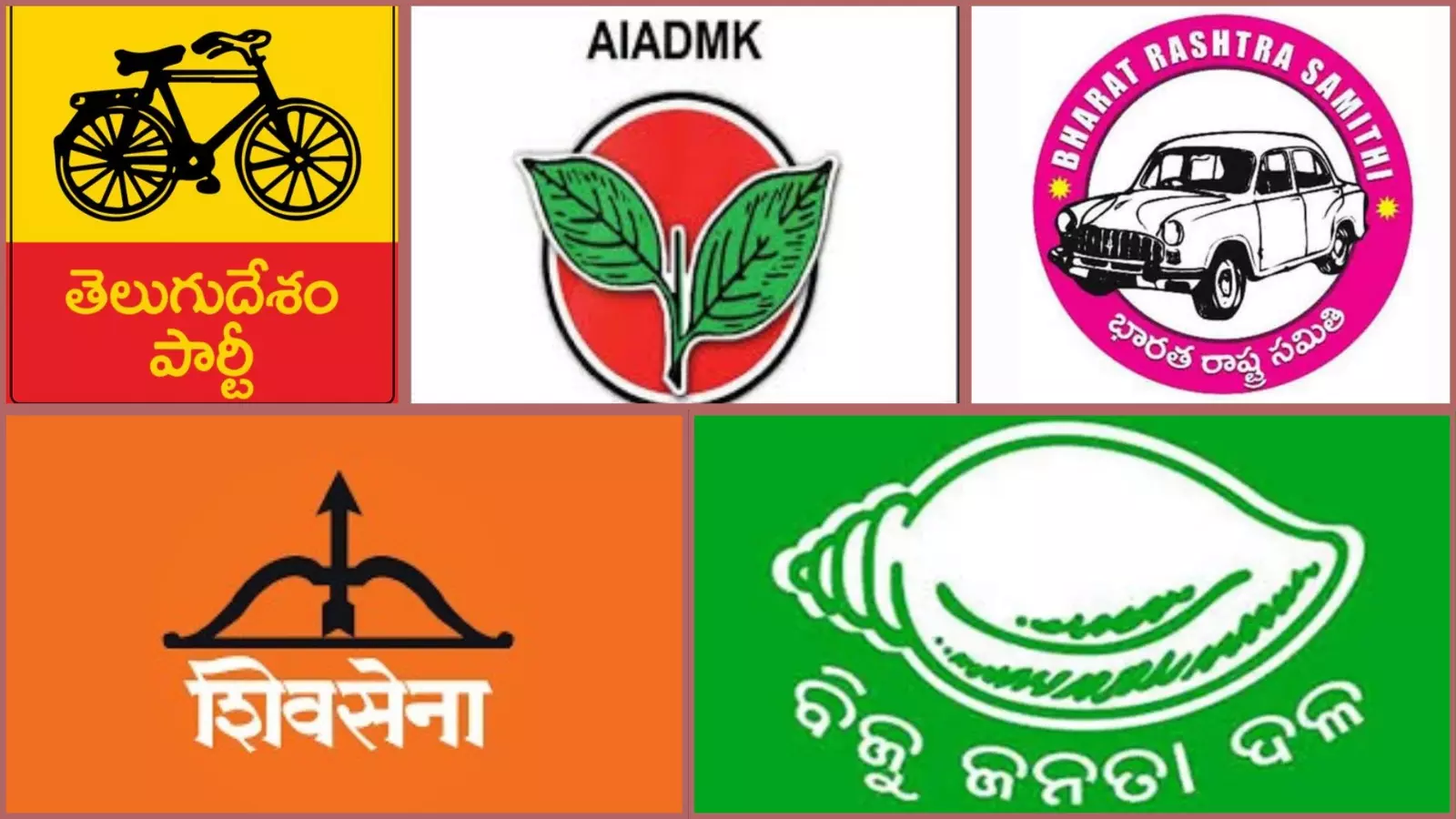

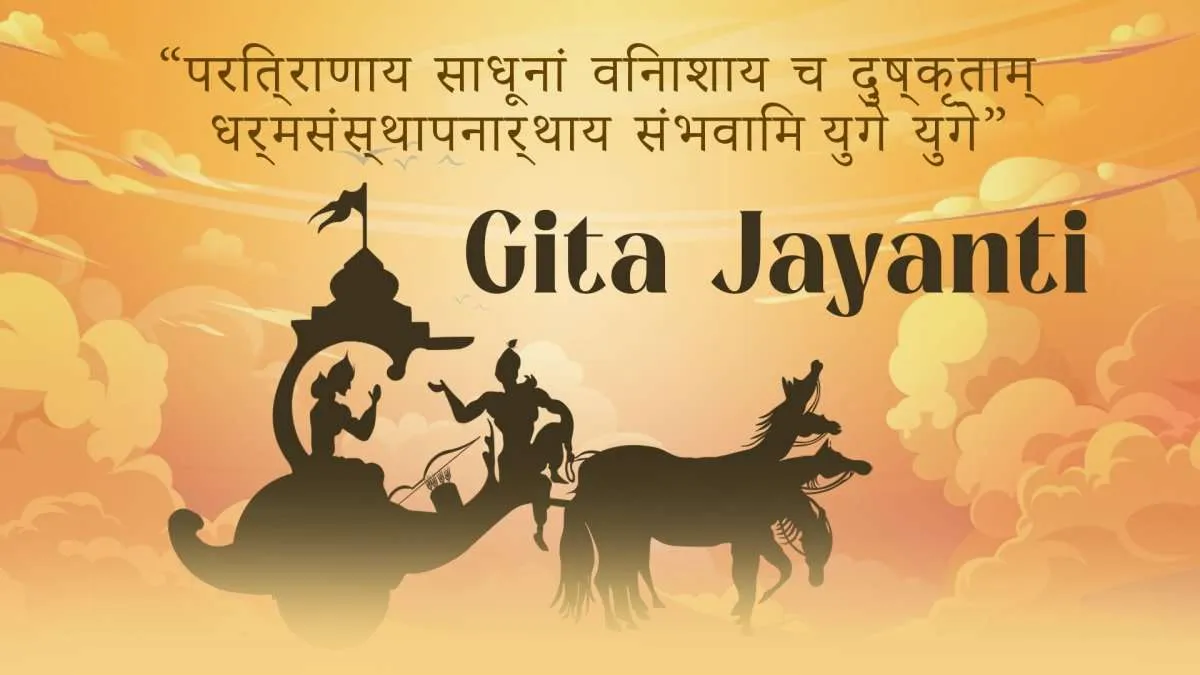
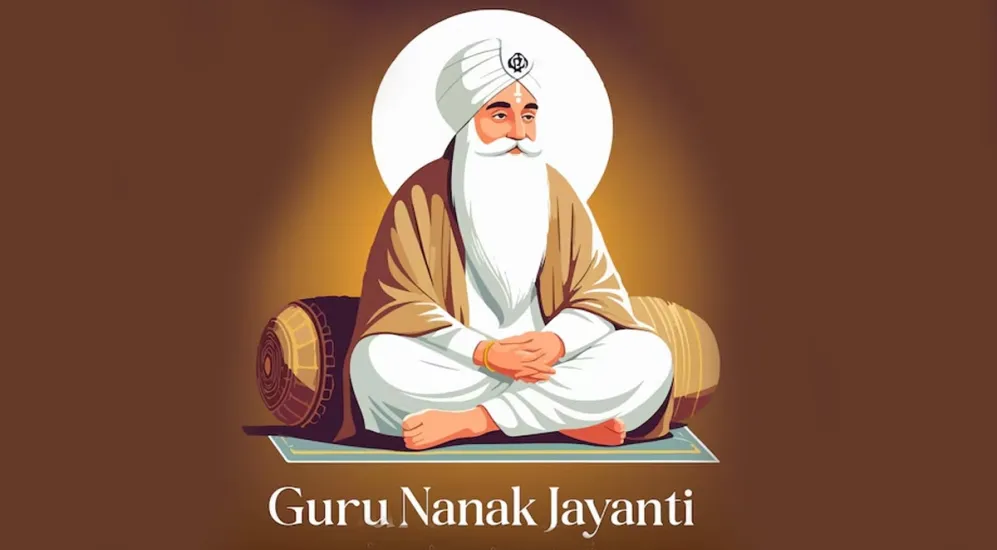


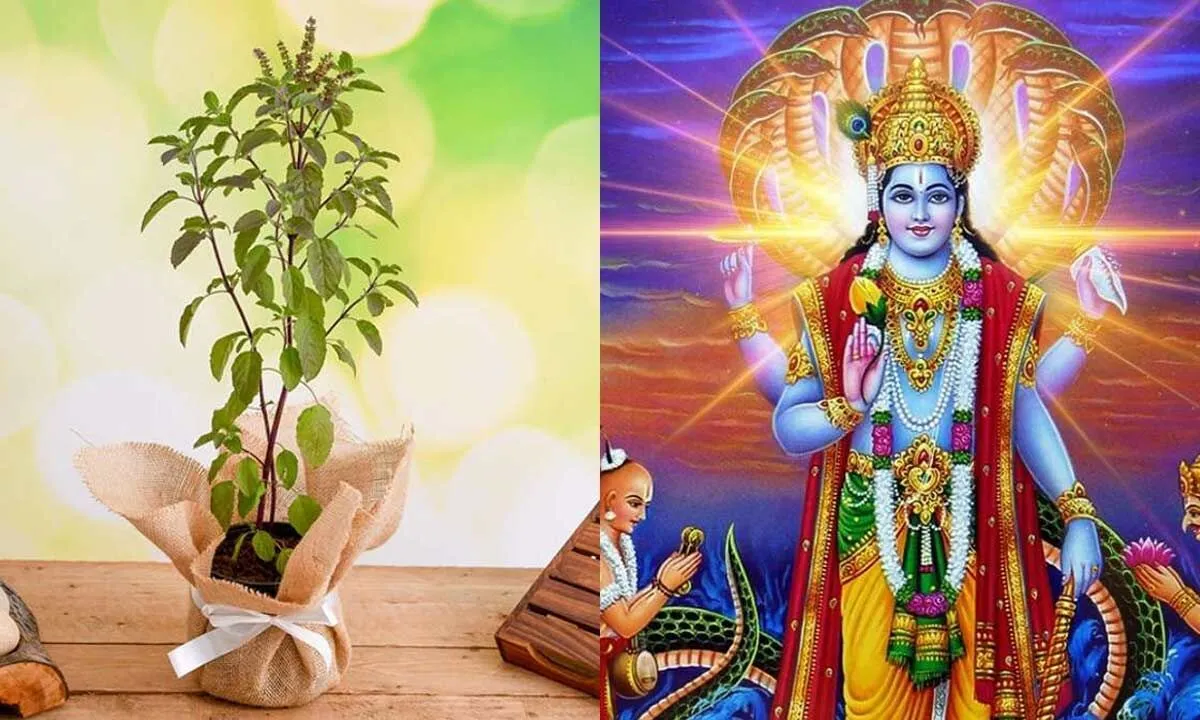



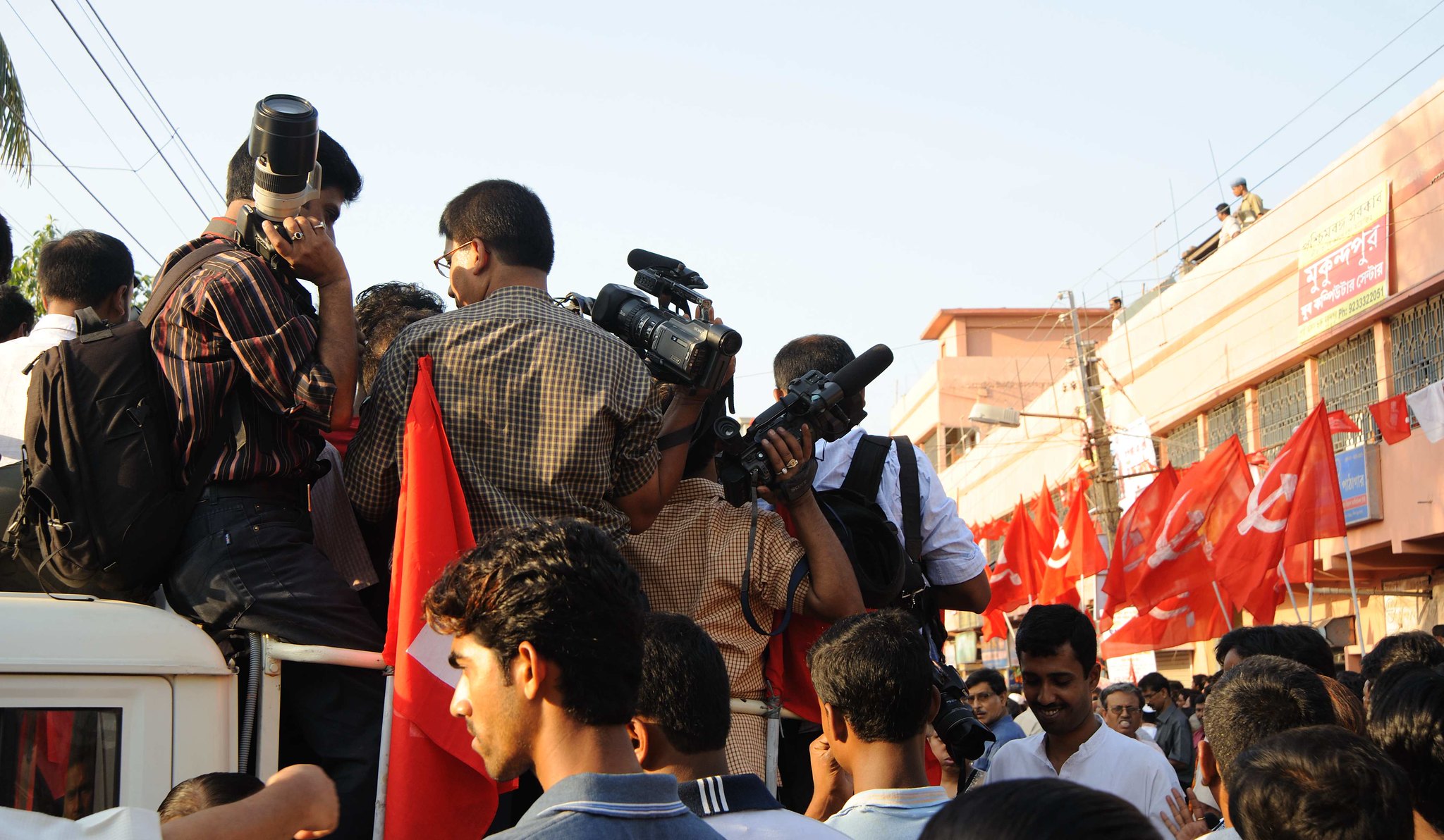
Recent Comments
No comments yet.